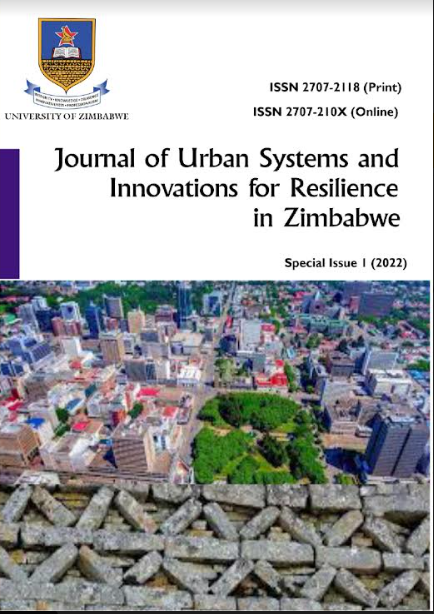Lodging as a Housing Informality Fueler: Revisiting the Family Unit Dwelling Concept in Zimbabwean Suburbia
Keywords:
Renting, Sub-Sarahan Africa, Tenancy, Landlord, Affordability, Government, LodgingAbstract
Instead of working as landlords, millions of Africans are tenants (lodgers). This article investigates and debates the notion of family
units living in Zimbabwean suburbia, with a focus on lodging as a source of housing informality. It stems from the fact that rental
housing has been a partial solution to urban housing in Zimbabwe, but it must be acknowledged as vital, especially in developing
countries where the urban poor cannot afford to own or build their homes. A desktop evaluation, as well as textual and contextual
analysis, were all part of the method. Rental housing markets are impacted and respond to local economic, social and political situations, as well as regulatory frameworks, and operate somewhat differently in different locations. Together, landlords and te nants
create and use rental housing in novel and imaginative ways to maximise the asset value of their buildings while meeting tenants'
housing requirements. Despite this, the Zimbabwean government and other developing countries have done little to promote or boost rental housing affordability. Based on the study's results, officials understand the complexities of their cities' rental housing (both
official and informal) and how to design effective, adaptive laws to promote and control it.




